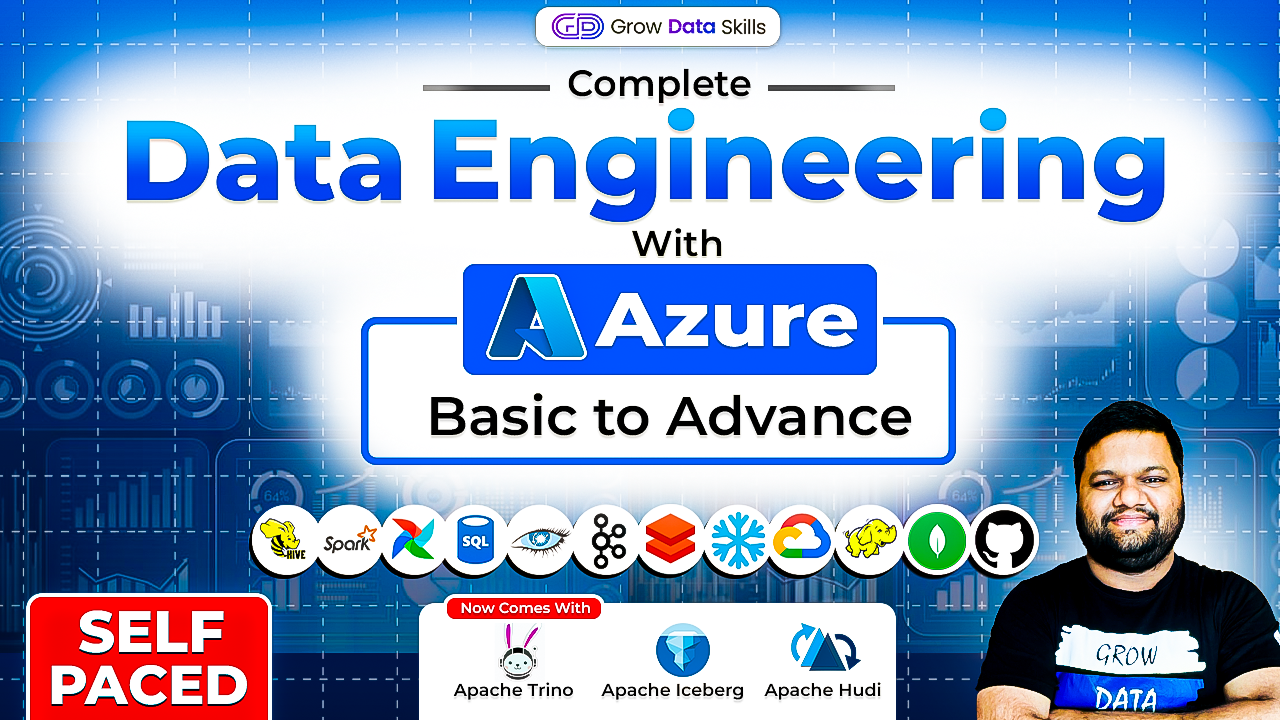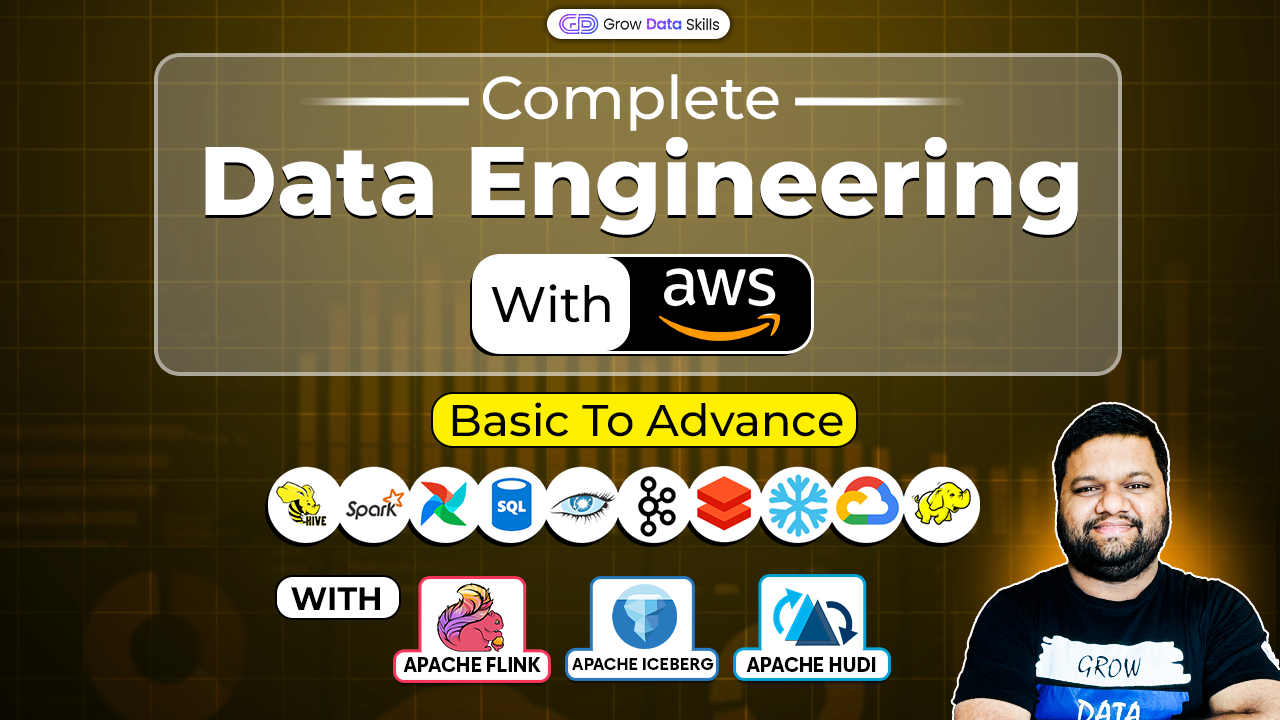Round 1: Online Assessment
The process began with an online assessment on Hacker-Rank, which included 5 SQL questions of varying complexity. The questions tested my ability to write optimized queries, work with complex joins, and solve problems involving window functions and subqueries. I cleared this round successfully.
Round 2: Technical
The next stage was a technical interview conducted by a Data Engineering Manager. The interview started with 3 SQL questions focusing on query optimization, handling edge cases, and implementing complex business logic. This was followed by a Python coding question that required implementing a data transformation logic. The session concluded with a deep dive into one of my past projects, where I was asked to explain architectural decisions, challenges faced, and optimizations made. The interviewer also quizzed me on Big Data concepts like data partitioning, distributed processing, and scalability in tools like Spark and Hadoop.
After clearing the technical round, I was invited to the onsite interviews, which included five rounds:
Round 1: Technical
Focus: SQL and System Design
This round emphasized advanced SQL queries, with questions testing my ability to debug and optimize inefficient queries. The interviewer also introduced a scenario to design a data pipeline, assessing my understanding of ETL processes, data storage options, and system design principles.
Round 2: Technical
Focus: Data Modeling and Python
The interviewer tested my skills in designing scalable and normalized data models for a given use case. Additionally, a Python coding problem was presented, involving working with dictionaries and file operations to process and extract insights from large datasets.
Round 3: BAR RAISER
Focus: Behavioural and Leadership Principles - BAR RAISER
This round was centered on Amazon's leadership principles. I was asked to share examples of situations where I demonstrated ownership, handled conflicts, and delivered results under tight deadlines. The interviewer also evaluated my ability to learn and adapt to new technologies.
Round 4: Technical
Focus: Big Data and Cloud
This round tested my expertise in Big Data tools like Spark, Hive, and Hadoop, and my experience with cloud platforms, particularly AWS. I was asked about data partitioning, performance tuning, and handling schema evolution in a distributed environment. There were also questions on building fault-tolerant data pipelines using AWS services like Glue, Lambda, and S3.
Round 5: Technical + Project Discussion
Focus: End-to-End Project Discussion
The final round involved an in-depth discussion of a major project I had worked on. The interviewer asked me to explain the problem statement, my approach to solving it, technologies used, and the impact of the solution. They were particularly interested in how I optimized data pipelines, ensured data quality, and handled edge cases during the implementation.



